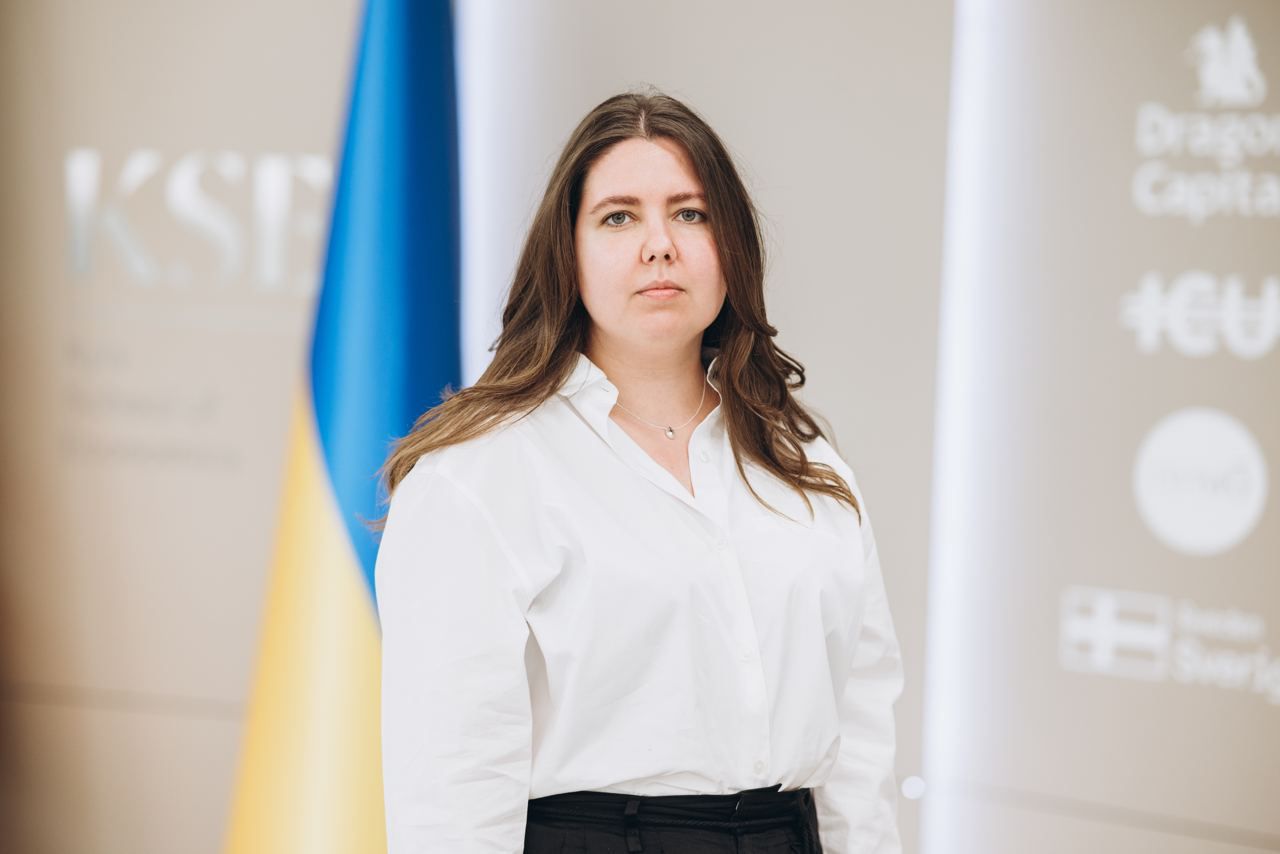KSE Institute Sanctions Team
Since the beginning of Russia’s full scale war against Ukraine, the KSE Institute team has focused on providing the Ukrainian Government with research-based analytical support on sanctions, damage assessment, food security and recovery.
KSE Institute became part of Yermak-McFaul International Expert Group on Russian Sanctions launched by the President of Ukraine, as well as an intergovernmental group on sanctions against Russia.
Our experts provide the main analytical work for these groups and participate in the development of sanctions and position documents of Ukraine. They are also in dialogue with a number of companies, persuading them to leave Russia even without decisions from their country’s government.
Sanction counter
All About Sanctions
Team

5+ years of work as an expert on macroeconomic analysis in international organizations and the financial industry; economist at the Institute of International Finance focusing on key emerging markets, including Ukraine and Russia; analyst with the International Monetary Fund’s research department.
Focus: Development of sanctions proposals, work with Yermak-McFaul Group
Education: MA in Political science and economics, Johannes Gutenberg-University Mainz (2008)

10+ years of experience in managing and conducting policy research and consulting projects in public procurement, the healthcare and pharmaceutical industry, strategic development of the private sector.
Coordinates the cooperation with the Office of the President of Ukraine, the Cabinet of Ministers of Ukraine and Yermak-McFaul Group
Focus:
Development of sanctions proposals, work with the Yermak-McFaul Group
Education:
MA in Economics, Kyiv School of Economics (2013)

3+ years of experience in working with government agencies and project execution in policy research
Сoordinates the work of the KSE Institute Sanctions Group
Focus:
Monitoring, evaluation of the effectiveness and development of sanctions against Russia
Education:
MA in Economics, Kyiv School of Economics (2019)

6+ years of experience in working with government agencies and the public sector in education, 2+ years of experience in conducting research in economic policies, education and medicine.
Focus:
Monitoring, evaluation of the effectiveness and development of sanctions against Russia
Education:
MA in Public Policy and Governance, Kyiv School of Economics (2021)
News
About Sanctions Database
KSE Institute during the war
Acknowledge
We express our gratitude for the joint work on sanctions against the aggressor country to Ukrainian and international experts:
- Yermak-McFaul International Expert Group on Russian Sanctions hosted by Stanford University, led by Andrii Yermak and Ambassador McFaul and coordinated in Ukraine by Vladyslav Vlasiuk and Darina Zarivna. As well as the key experts from Ukraine working in the group, including Andrii Pyshnyy, Yurii Vitrenko, Alex Rodniansky, Oleksandr Novikov, Daria Sofina, Andrii Boytsun and others.
- Intergovernmental Group on sanctions against Russia led by the Minister of foreign affairs, Dmytro Kyleba, and the Special Envoy on Sanctions, Olexii Makeiev, who arranged work of all ministries to prepare and advocate sectoral and individual sanctions and other actions against Russia in the areas of their work.
- Ambassadors of Ukraine in allied countries who directly work with partner countries on implementation of the new sanctions.
- State Security Council of Ukraine, who develop and adopt sanctions of Ukraine against Russia.
We would also like to express our appreciation to the think tanks and universities involved in the sanctions work. In particular, the Yale School of Management for their cooperation and providing expertise in compling the sanctions database, Economist 4 Russia Group, and the Institute of International Finance.
It has been a great honor for KSE Institute Sanctions Group to work side-by-side with all the above-mentioned experts and organizations on the sanctions front.
Contacts


